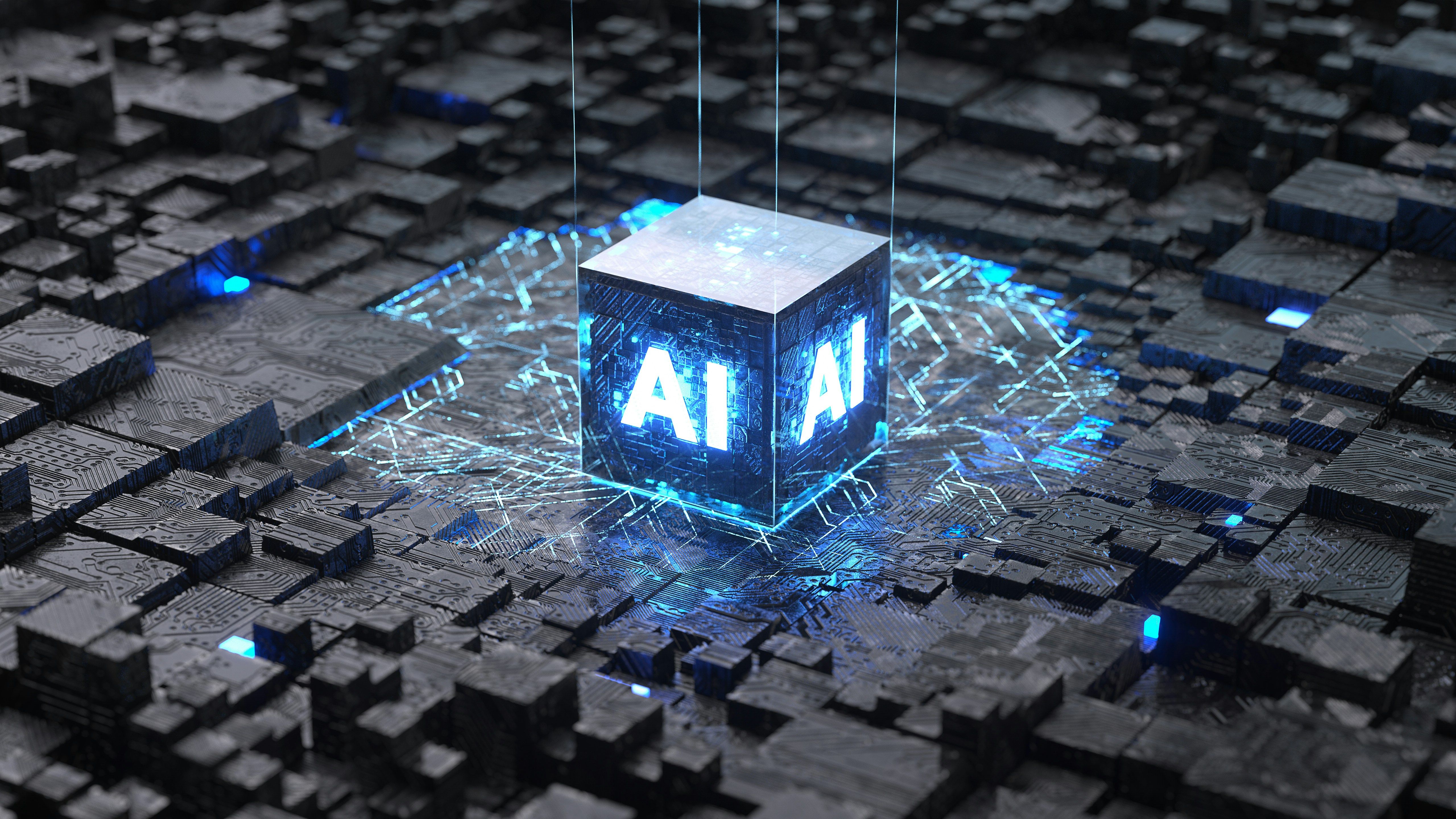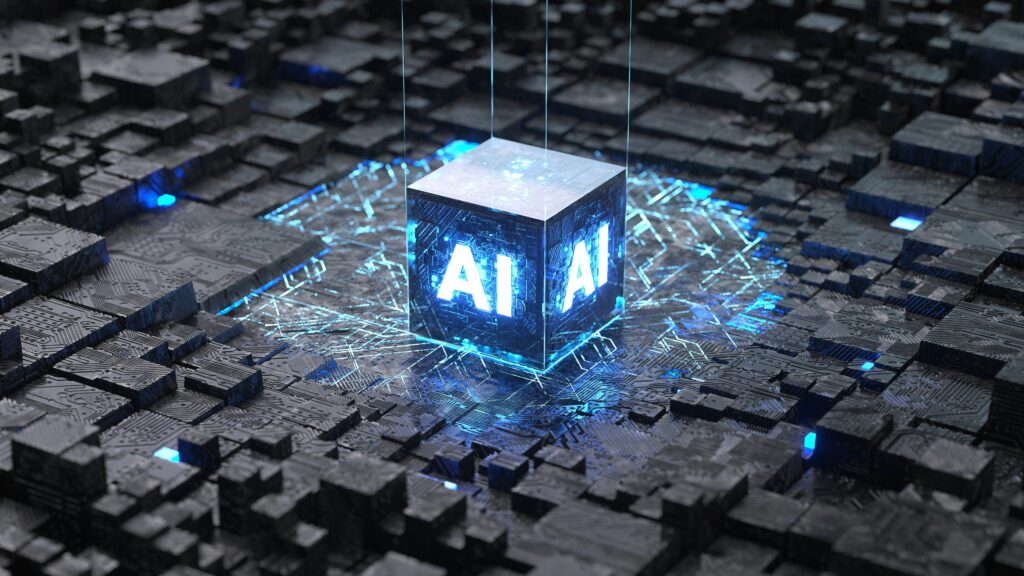
In today’s issue, Kelly Ye from Decentral Park Capital takes us through the relationship between AI and blockchain and how this combination will drive these growing technologies’ adoption and use cases.
Then, Alec Beckman from Advantage Blockchain answers questions about how AI, blockchain and crypto work together in Ask an Expert.
–S.M.
You’re reading Crypto for Advisors, CoinDesk’s weekly newsletter that unpacks digital assets for financial advisors. Subscribe here to get it every Thursday.
Crypto X AI: Why Blockchain is the Secret Sauce for Mass AI Adoption
Artificial Intelligence (AI) holds transformative potential across industries and daily life, yet its mass adoption faces hurdles—resource intensity, ethical concerns, lack of customization, and challenges surrounding proof of humanhood. With its decentralization and resource coordination strengths, Blockchain provides a compelling solution to these challenges, paving the way for widespread AI integration.
The Challenges of AI Adoption
- Resource Intensity: Developing advanced AI demands immense computational power, data, and expertise, favoring well-capitalized firms and sidelining smaller players.
- Ethical Concerns: Centralized AI monetization often mirrors Web2’s exploitative model: “If you don’t pay for the product, you are the product.” This raises concerns about user privacy and data exploitation.
- Lack of Customization: AI must address diverse, nuanced human needs. Standardized models frequently fail to provide tailored solutions, underscoring the necessity for adaptable, task-specific AI agents.
- Proof of humanhood: As AI evolves, distinguishing human-generated content from machine output becomes increasingly difficult, leading to risks of misinformation and content piracy.
Blockchain: A Game-Changer for AI
Blockchains offer a compelling counterpoint to centralized AI development. Their open, permissionless nature and token-based incentives enable large-scale resource coordination, addressing AI’s most pressing challenges:
- Decentralized Infrastructure: Projects like Render and Akash leverage token rewards to crowdsource global GPU power, offering competitive alternatives to centralized providers like Amazon Web Services (AWS). While reliability challenges persist, applications like Render’s image-rendering successes showcase blockchain’s viability.
- Open-Source Model Development: Platforms like Bittensor and AI Alliance incentivize AI model development using their platform tokens. By fostering innovation and reducing reliance on centralized funding, these platforms empower independent developers. Successful models can increase token value, creating a virtuous growth cycle.
- Democratizing AI Agents: The emergence of decentralized AI agents marks blockchain’s strongest product-market fit in the AI space. These agents, trained on foundational models, require fewer resources than model development and can be tailored to specific use cases. For instance, Virtuals, an AI agent platform built on the Base blockchain, has launched over 2,000 agents within months. AI agent applications span gaming, DeFi and entertainment, with agents continuously improving through user interactions. Source: Dune Dashboard 12/6/2024
- Identity and IP protection: Blockchain’s transparency and immutability make it a strong tool for storing and verifying identities and intellectual property (IP). Zero-knowledge proof technology enables privacy-preserving verification. Projects like Worldcoin illustrate blockchain’s potential to address proof-of-humanhood concerns.
The Path Ahead: Blockchain Fills AI’s Missing Piece for Mass Adoption
Much like how YouTube and TikTok democratized content creation, blockchains enable the proliferation of crowd-sourced AI agents. These agents deliver personalized services while remaining independent of centralized commercial interests. Furthermore, blockchain could provide efficient payment rails, enabling autonomous agent-to-agent transactions without human or financial intermediaries.
Blockchains are more than a supporting actor in AI’s evolution—they are the critical enabler of a scalable, equitable, and user-centric AI economy. By addressing resource constraints, fostering ethical use, and enabling customization, blockchains and AI together have the potential to redefine how we live and work. As the foundation for an emerging agentic AI economy, this synergy marks the dawn of a transformative technological era.
– Kelly Ye, portfolio manager and head of research, Decentral Park Capital
Ask an Expert
Q. Why does AI need crypto and blockchain technology?
AI benefits from crypto and blockchain in several ways:
- Data integrity: Blockchain ensures the authenticity of data used to train AI models, reducing the risk of manipulation.
- Decentralization: Crypto-powered networks like Fetch.ai enable AI to operate on decentralized infrastructure, reducing reliance on centralized servers.
- Monetization: Cryptocurrencies allow smooth microtransactions, allowing AI models to pay for data or services without intermediaries.
- Transparency: Smart contracts make AI decisions traceable and auditable in public permissionless blockchains, fostering trust in AI-powered systems.
As AI interacts with other AI or humans, better data and improved sharing of monetary benefits can lead to more incentives and powerful interactions.
Q. Why do crypto and blockchain technology need AI?
AI can enhance crypto through:
- Improved efficiency: AI can optimize blockchain networks by improving consensus mechanisms and reducing transaction costs.
- Fraud detection: Machine learning models can detect suspicious activity and enhance security against hacks.
- Market insights: AI-driven analytics aid investors by predicting price trends and analyzing market sentiment.
Tools like Virtuals Protocol can allow anyone to create an AI agent to improve their business inexpensively, provide market research, enhance workflows, scale, and more.
Q. What are the emerging opportunities at the intersection of AI and crypto?
- DeFi automation: AI can optimize yield farming and liquidity provision strategies.
- Tokenized AI models: Developers can tokenize and trade ownership of AI models on blockchain platforms.
- Autonomous economies: AI agents use crypto for self-sustaining operations, such as managing decentralized energy grids or supply chains.
AI agents can provide immense value to individuals and companies by providing market research, finding good investments in the crypto world, and autonomously trading with a crypto wallet.
Keep Reading
#Blockchain #Artificial #Intelligence #Succeed


